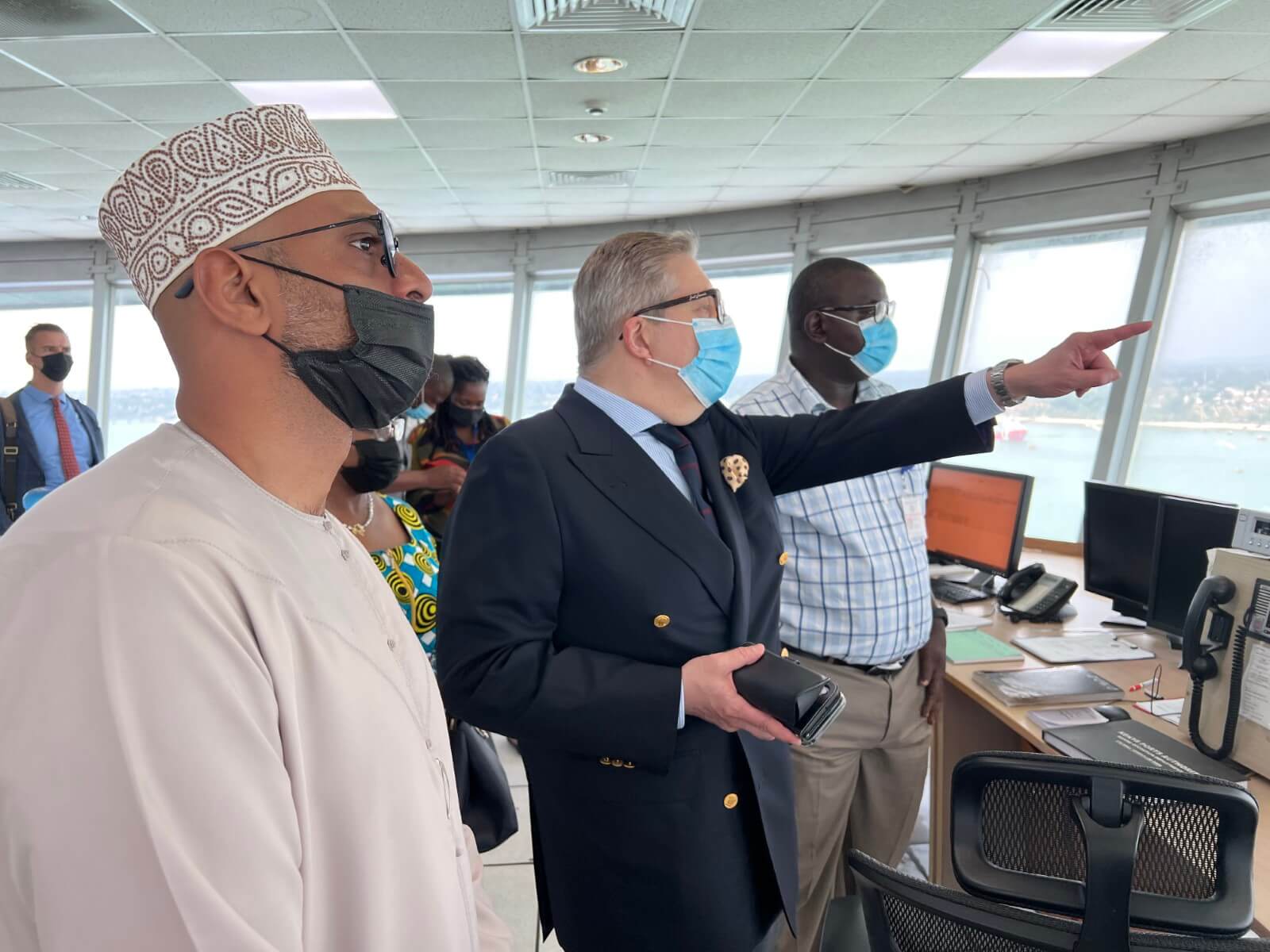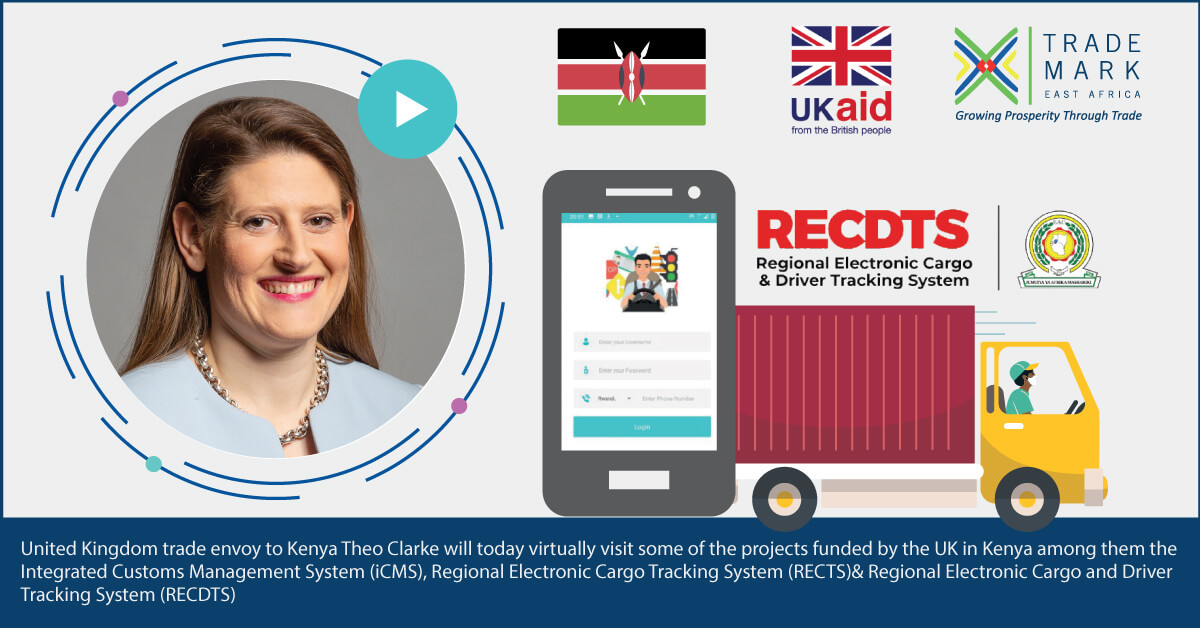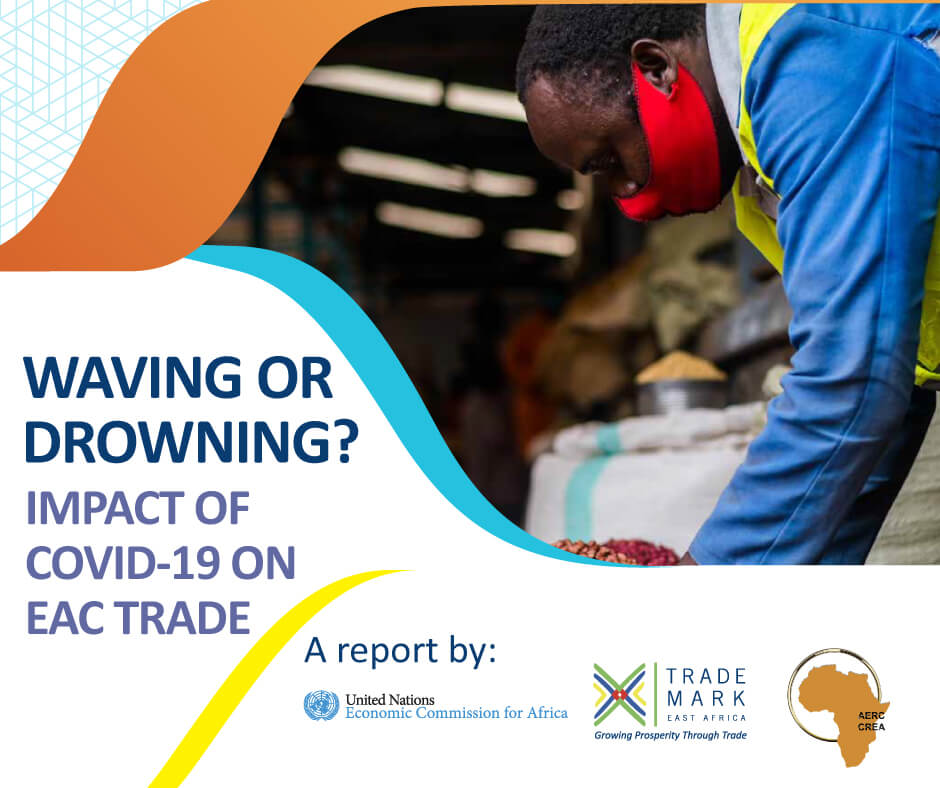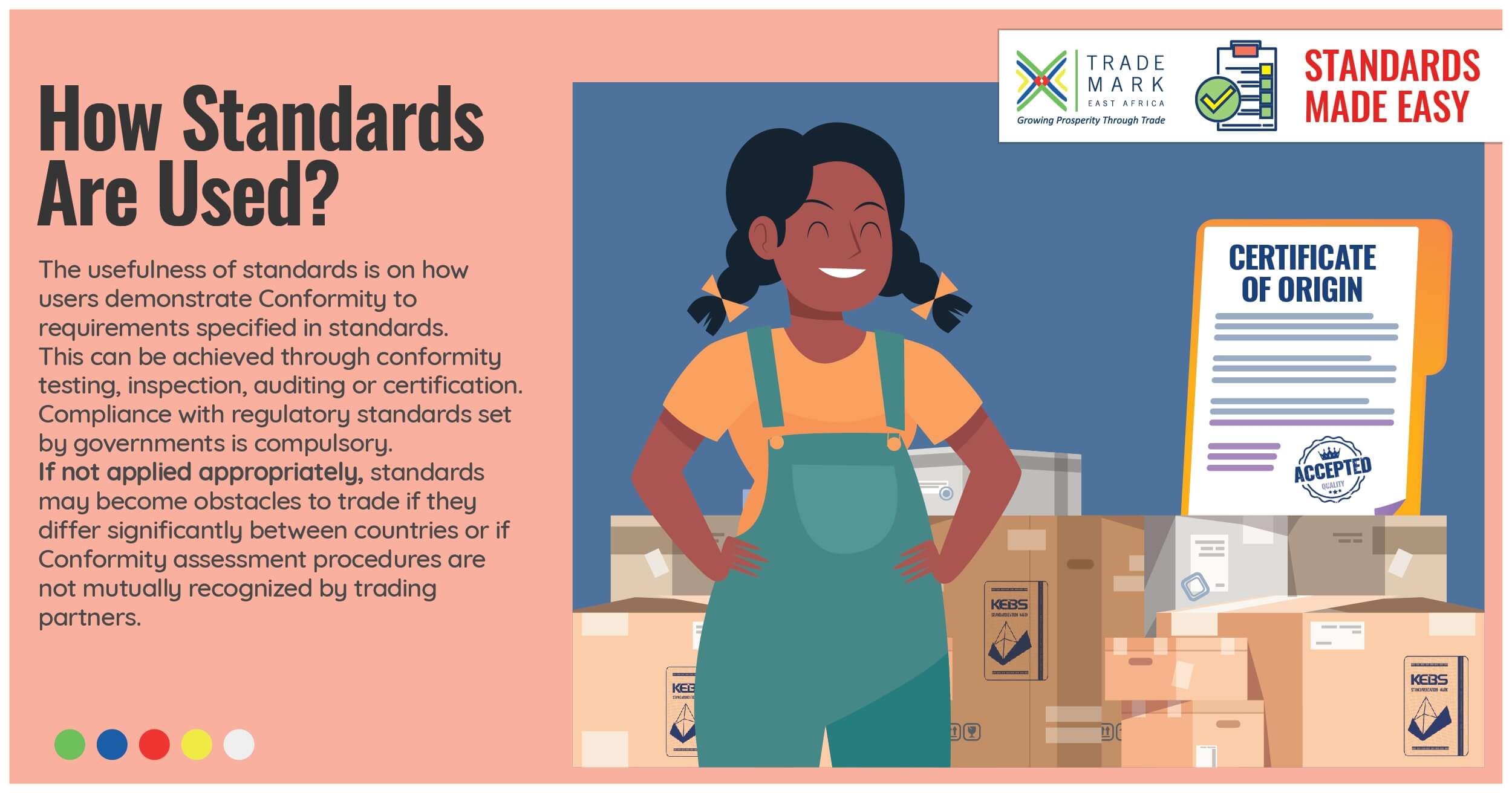Finland Ambassador to Kenya, H.E. Pirkka Tapiola says his country is committed to doubling trade with Africa over the next decade. The ambassador spoke while touring the Port of Mombasa on Friday. The envoy commended the Government of Kenya and Development Partners for supporting Port Reforms and Modernisation Programme over the last decade that has dramatically improved evacuation of cargo at the facility. It for instance used to take 11 days to process imports through Mombasa in 2010, the time had fallen to only 5.5 days by 2017. The time to transport a container from Mombasa to Bujumbura also fell by 16.5% over the period. The Government of Finland, through TradeMark Africa has over the last decade invested more than US$13.1 million to support various projects in and around the Port of Mombasa. Finland also contributed US$445,000 to provide Personal Protective Equipment (PPE) through the Safe Trade Emergency facility by TradeMark Africa, a project that sought to keep ports, borders, and critical supply chains in the region safe for trade at the height of the COVID-19 pandemic. The Ambassador was received by General Manager Human Resources and Administration Mr. Daniel Ogutu and TradeMark Africa Deputy CEO, Allen Asiimwe. The KPA General Manager noted that the support provided at the outset of COVID-19 was critical in keeping the port running. He further noted that port output slowed down due to COVID-19-related interruptions, calling on all stakeholders to work together to address such challenges. TradeMark Africa Deputy CEO and Chief of Programmes...
Finland Committed to Doubling Trade with Africa Over Next Decade
Posted on: February 7, 2022
Posted on: February 7, 2022



















